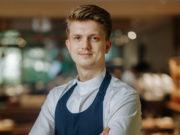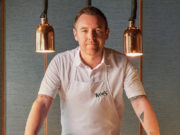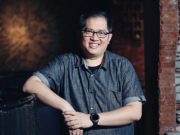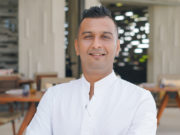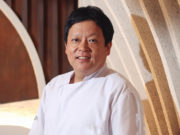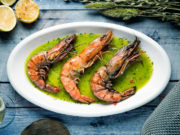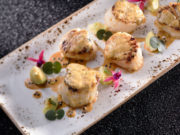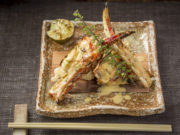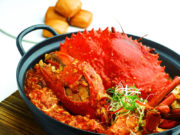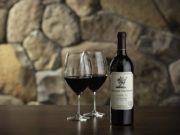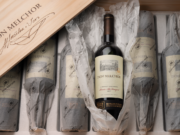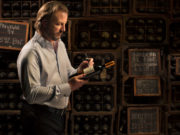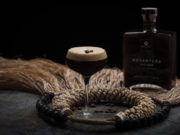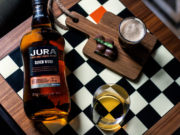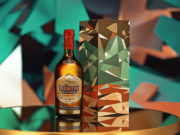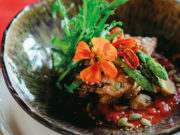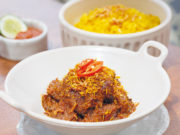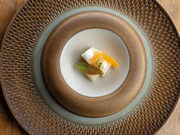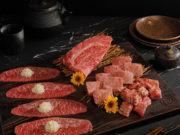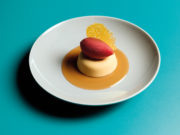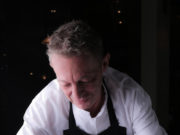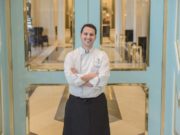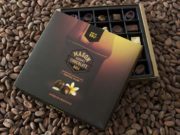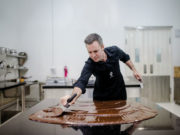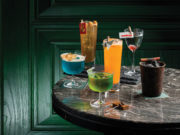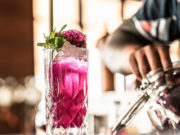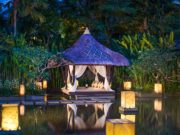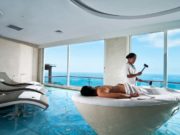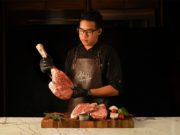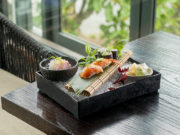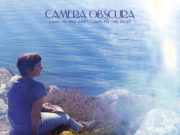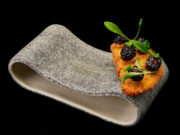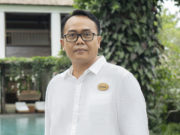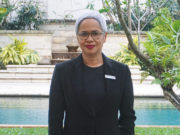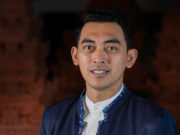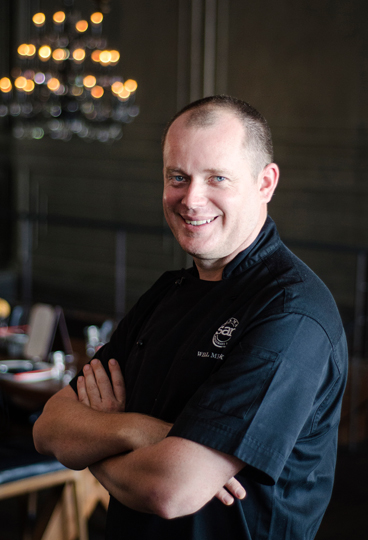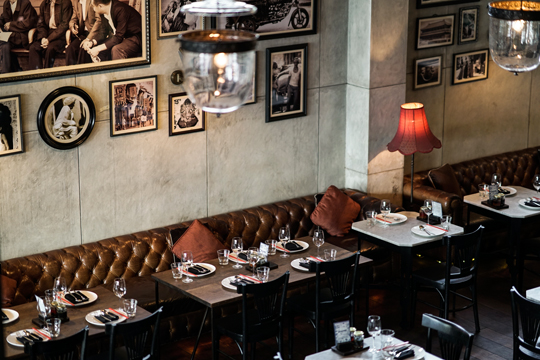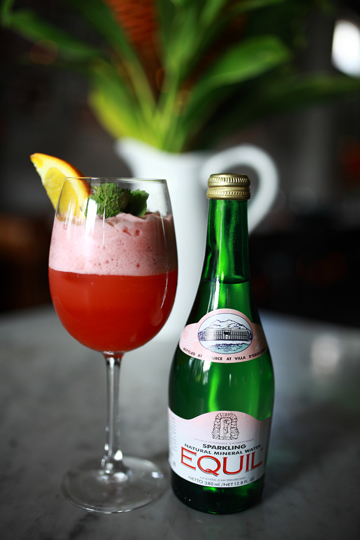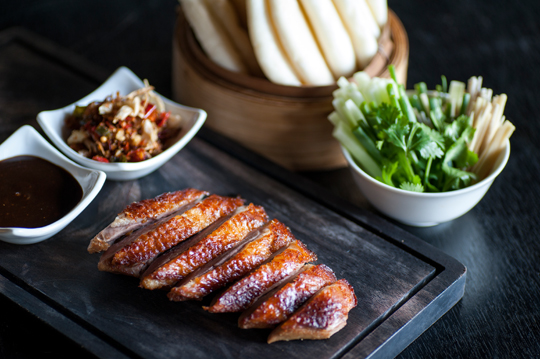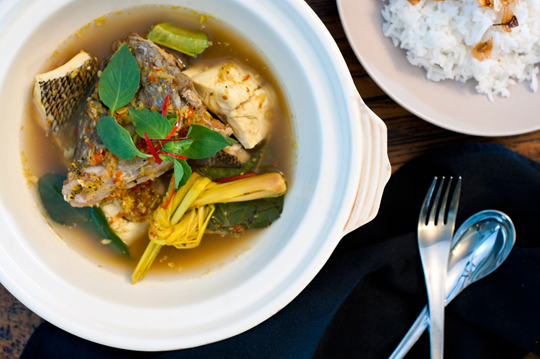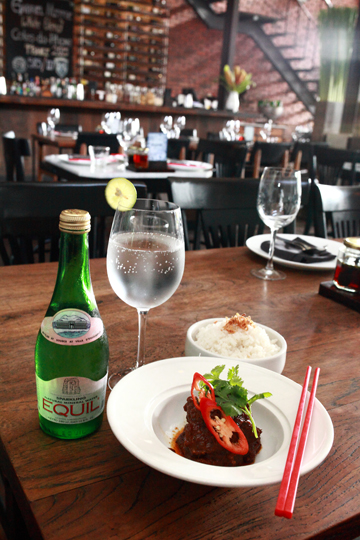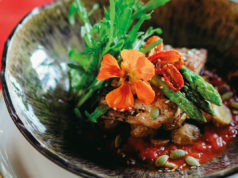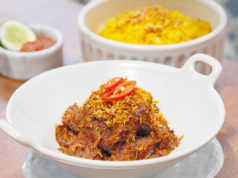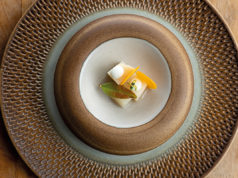Will Meyrick has seven restaurants throughout the region focusing wholly on authentic Asian food. Exquisite Taste sat down with him to chat about how his love of Asian food has developed and how it has affected his menus, restaurants and his appreciation of locally sourced ingredients.
—
E: How many restaurants do you have these days in the Sarong Group?
Will: Seven at the moment. MamaSan, Hujan Locale, Tiger Palm and Sarong in Bali; E&O in Jakarta and MamaSan in both Kuala Lumpur and Hong Kong.
E: So what got you started?
W: Before we opened Sarong in Bali, there was, surprisingly, no Asian fine dining available on the island other than in a few hotels. We wanted to present a collection of Asian street foods from around the region.
E: So how did one restaurant develop into Sarong Group?
W: As I started to travel more, learning about different cuisines and talking to people I met on the road, I ended up with a collection of street food recipes that didn’t fit Sarong’s concept. As there were no Asian bistros serving classic food with great cocktails then, even in Singapore and Hong Kong, we took the street food that we had seen and learned and put it into MamaSan.
More recently, we opened Hujan Locale in Ubud, which has a fully Indonesian menu. At the time, there were very few people doing Indonesian street food in a restaurant setting, but I really felt I needed to first win the respect and hearts of the Indonesian people before I opened an Indonesian restaurant, which is why I started doing Indonesian TV cooking shows on SCTV and TransTV. As the exposure grew, in any market – be it in Bajarmasin or Padang, people would see me and say, “That’s the white guy who can’t speak Indonesian but can cook Indonesian food.” That was the kind of acceptance I was looking for before I opened a restaurant serving someone else’s cuisine.
E: You’re known as an avid fan of Indonesian/Asian food. What do like so much about it?
W: When I first came here, I didn’t really enjoy the food. It wasn’t until I started travelling around Indonesia and seeing the influence of cultures and history on the dishes, cuisines and styles that I became fascinated. It is interesting to see how some Indonesian ingredients are used prolifically in some areas and are completely unknown in others. Some areas use a large number of spices – in North Sumatra everything is spiced with things like star anise, cumin, coriander or cinnamon, but when you go south to Padang, they only use aromats like lemongrass, chilli and galangal and no spices.
E: Why’s that?
W: It’s all due to the influences of the spice traders all those years ago; they didn’t visit West Sumatra, it wasn’t on the spice route, while other places, like Medan and Surabaya, were.
E: With such localised flavours how hard is it to source authentic ingredients?
W: It’s not easy getting some of the ingredients, so I tend to stick to the people who I can rely on, often local people I’ve met through my travels. For example, I buy all my shrimp paste from an old lady on the east coast of Lombok who makes it the traditional way, using a hand fan and drying it in the sun; our krupuk and oncom are flown in from Bandung and the kalamansi limes are a speciality of Manado, so we fly them in from there.
E: Are all your new recipes from street food sellers or do you develop your own creations based on your own inspirations?
W: Both really. Sometimes the recipes are what I see while I’m travelling, a traditional recipe with our own spin. At Hujan Locale we name the street stall that gave us the recipe. On my travels some ladies are really happy to share their recipes and show me their cooking techniques, while others have no interest in sharing at all. One lady in Bukittinggi even told me I would have to buy her a car before she would share her secrets!
E: An interesting development in Java has been the discovery and distribution of EQUIL natural mineral water, which we note Sarong Group has been using for 10 years. Why chose EQUIL as your pairing standard?
W: With the quality of dining we offer at our restaurants and our preference for local, quality produce, we are happy to use EQUIL to pair with our foods because it is a pure, clear, natural mineral water from a pure source. The minerals are maintained in the water as it is bottled at source and requires no treatment whatsoever. It is consistently high quality, the price point is good and the service is always reliable.
E: Not many young Indonesian chefs seem to want to cook Asian food, why do you think that is?
W: It is slowly changing now, but generally I’d say it’s about money. Young chefs believe they can earn more money on a cruise ship cooking Western food than cooking in an Indonesian restaurant. That said Indonesian food is beginning to flourish in Bali and I hope that once it really takes hold the rest of the world will also embrace it. I would love to see a big Indonesian restaurant in London or Paris.
E: You travel a lot; does it still give you the same buzz?
W: Yes, I love it. I’ve just got back from Bangkok; we were filming for our YouTube channel and researching the food there. It was a lot of fun.
E: Where and what next?
W: A quiet year, watching what is developing on the island and globally; focusing on our current restaurants.


